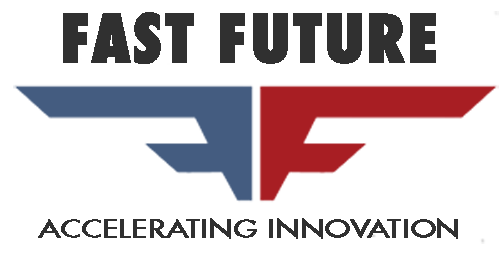A more affordable robotic hand | Tech to help address substance abuse
A more affordable robotic hand
PITTSBURGH, PA—Even though the progress made in medical robotic hardware has been remarkable, one problem remains: the cost of such tech can be out of reach for those who need it. Researchers at Carnegie-Mellon’s Robotics Institute may have helped to solve this problem by developing a low-cost robotic hand that outperforms its more expensive counterparts. Their LEAP Hand (Low-cost, Efficient, and Anthropomorphic) costs less than $2,000. Even better? It can be assembled in less than four hours using a 3D printer and a screwdriver.
Safer driving in the dark
WEST LAFAYETTE, IN—Speaking of university research, a professor at Purdue University and a research scientist have developed a patent-pending thermal imaging innovation that lets AI “see though pitch darkness like broad daylight.” Zubin Jacob and Fanglin Bao have developed HADAR (heat-assisted detection and ranging), that can collect information about its surrounding scene through advanced sensors—an approvement on traditional sensor methods which can have signal interference. The researchers are in the process of making the HADAR unit smaller to be added to autonomous cars. Jacob and Bao have received funding from DARPA to support their research. The Office of Technology Commercialization awarded Jacob $50,000 through its Trask Innovation Fund to further develop the research.
Mobile caddie app could help golfers up their game
KANSAS CITY, MO—KC’s Pure Pitch Rally is a Shark Tank-like competition that helps startups grow by offering nondilutive spot-cash financing and exposure to established entrepreneurs. One of the startups that will be participating in this year’s event is Noonan, maker of the Noonan Caddie, a mobile app that delivers precision club and aim recommendations for golfers. The app uses patterns to predict the area where 95% of your shots will land.
Tech that may help address substance abuse problem
MINNEAPOLIS, MN–SAMHSA (Substance Abuse and Mental Health Services) reports that a mere 10% of the 21 million Americans grappling with substance addiction receive the treatment they need. To help make recovery services possible for anyone, Minneapolis-based Kyros has introduced a tech-enabled, community-based approach to peer recovery services. The company provides 24/7 virtual assessments and immediate matches to certified peer recover specialists. Traditional approaches might see individuals wait up to two weeks for an assessment, which can lead to setbacks during that delay. Kyros offers real-time data analytics that, paired with CPRS insights, can preempt potential relapses.
